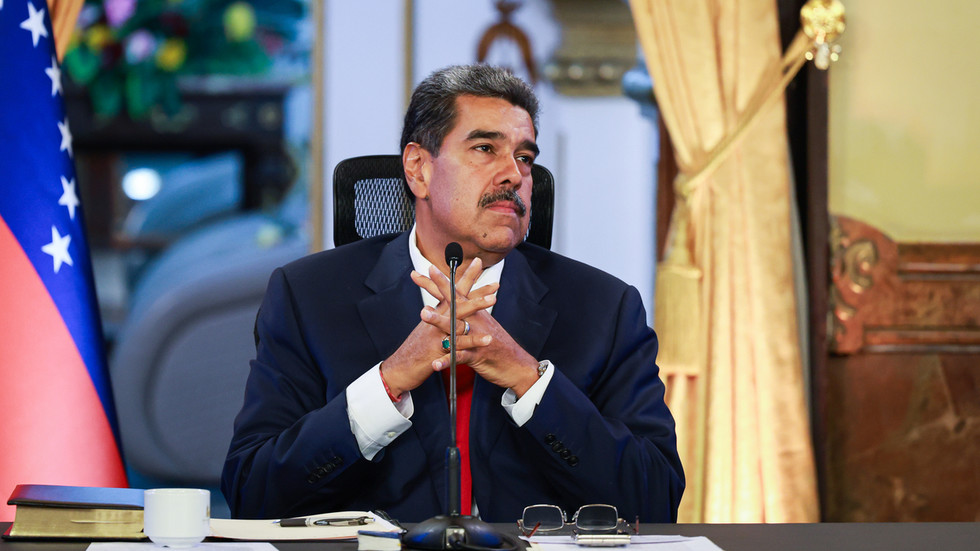In recent developments surrounding Venezuelan politics, U.S. diplomat Francisco Palmieri has publicly called for President Nicolás Maduro to step down before the conclusion of his current term. His statements come in light of Maduro’s recent claim of victory in the contentious July elections, where he purportedly secured nearly 52% of the vote according to Venezuela’s National Electoral Council. Palmieri, who heads the Venezuelan Affairs Unit at the U.S. embassy in Colombia, argues that the true victor is opposition candidate Edmundo Gonzalez, who reportedly garnered 67% of the votes based on tallies cited by the opposition and supported by various Western nations, including the United States and the European Union.
The push for Maduro’s resignation stems from ongoing accusations of electoral malpractice and a deteriorating socio-economic situation in Venezuela. Palmieri has set a deadline of January 10, the date of the presidential inauguration, for Maduro to officially acknowledge Gonzalez’s victory. He warned that failure to do so will exacerbate Venezuela’s already severe economic crisis and diminish Maduro’s international legitimacy. The diplomat emphasized the frustration of the Venezuelan populace, suggesting that discontent will grow if the situation fails to improve. Furthermore, he indicated that the U.S. may impose additional sanctions targeting individuals associated with Maduro’s regime if he remains in power.
While the opposition and numerous allied countries question the legitimacy of the July election outcomes, countries like Russia and China have recognized Maduro’s victory. The situation has led to a polarization of support on the international stage, complicating Venezuela’s diplomatic relations. Notably, Gonzalez, after being charged with crimes, was granted safe passage to Spain where he has been vocal about his intentions to return and claim the presidency by the set inauguration date. His promise to journey back to Venezuela reflects a tenacious stance against the Maduro administration and highlights the ongoing struggle for power within the nation.
The aftermath of the election and the ensuing power struggle illustrates the complexities involved in Venezuela’s political landscape. With the opposition’s claim of election rigging looming large, international observers remain concerned about the integrity of Venezuelan democracy and the nation’s future. Palmieri’s remarks on sanctions underline U.S. willingness to continue exerting pressure on the Maduro government, should it not yield to calls for democratic accountability. This prolonged political impasse only adds to the existing humanitarian crisis, characterized by widespread shortages of basic goods, mass emigration, and significant economic decline.
As Maduro continues to assert his leadership despite external criticisms, the dialogue around governance in Venezuela remains highly contentious. Global and regional stakeholders closely monitor developments, with opposing factions unable to reach a consensus. Gonzalez’s emergence as a rival figure seeking to restore democratic governance contrasts sharply with Maduro’s established control, creating a critical juncture for Venezuela’s future. This ongoing conflict over legitimacy and governance has profound implications not only for Venezuelans but for regional stability in South America as well.
In summary, the implications of the U.S. envoy’s statements, combined with the ongoing claims of electoral misconduct, paint a complex picture of Venezuela’s political turmoil. The deadline set for Maduro underscores a crucial moment in the nation’s history, where choices made may impact the socio-economic landscape for years to come. The international community remains divided, and as the situation unfolds, the quest for democratic restoration in Venezuela continues to intensify, demonstrating the resilience and determination of those advocating for change amidst adversity.

